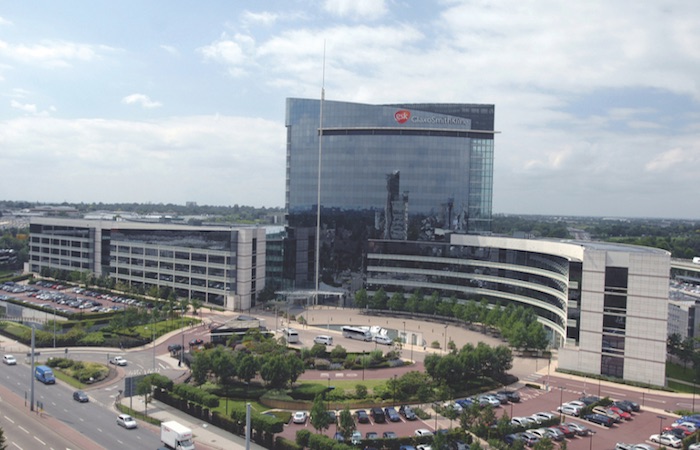
Employees of pharmaceutical business GlaxoSmithKline (GSK) have commenced a series of walkouts across the UK from today (2 May) in an ongoing dispute over pay.
More than 160 employees, who are members of trade union Unite, rejected a pay offer which included a 6% increase and a one-off lump sum of £1,300. The union noted that this increase was below retail price index (RPI) inflation, which rose by 13.4% in the 12 months to February 2023.
Strike action started at 6am in Montrose, continuing there until 4 May, after which it will spread to other sites in the UK. This includes GSK’s Irvine, Barnard Castle, Ware, Worthing and Ulverston plants. The industrial action was planned across different dates, times and locations in order to maximise its effectiveness.
The employees involved in the strikes include engineers, process technicians, laboratory analysts, warehouse staff and fire officers.
On 26 April, GSK’s annual results reported operating profits of £2.1bn in the first quarter alone, and turnover exceeding market expectations, at £6.95bn. The business predicted that turnover would increase by 6% to 8% over 2023, and that operating profits would grow by 10% to 12%.
GSK noted that combined with the one-off payment, the offer was equivalent to 9.7%. The Office for National Statistics (ONS) reported that consumer price index (CPI) inflation dropped to 10.1%, which the business said made the gap between the offer and inflation more marginal.
GSK also outlined a strong history of industrial relations and competitive reward packages, and that this was the first example of national strikes in the UK. The organisation pointed to work done around pay comparisons with similar pharmaceutical businesses, as well as an annual bonus which, in March, provided the average manufacturing employee on a salary of £35,000 per year with an above target bonus of just under 10%.
Sharon Graham, general secretary at Unite, said:“This is a classic example of a corporation seeking to further boost its eye-watering profits at the expense of its workers.
“Let’s remember that this is a multibillion corporation rolling in cash. It made an operating profit of £2.1bn for the first quarter of 2023. GSK could end this dispute right now by offering these workers a decent pay deal. The owners should know we are not walking away.”
Bob MacGregor, industrial officer at Unite, added: “The GSK strike action will begin in Montrose and then spread throughout the UK. It will inevitably result in widespread disruption at the Montrose plant. Yet GSK have deliberately chosen to escalate the dispute by walking away from negotiations.
“Unite will have no hesitation in supporting our members in Montrose every step of the way in the fight for fair pay.”
In response, GSK said that it had not walked away from negotiations, but that after protracted discussions over several months, it had decided that this would be the final offer.
A GSK spokesperson said: “We recognise that for many of our people, this past year has seen their cost of living rise rapidly and believe the offer we have made to our UK manufacturing colleagues covered by collective bargaining agreements is fair and reasonable.
“We are, therefore, disappointed that the Unite union has chosen to undertake this industrial action, despite receiving a final offer which includes a 6% increase on base pay, shift pay and allowances, plus a discretionary one-time payment of £1,300; an overall package equivalent to a 9.7% increase.”